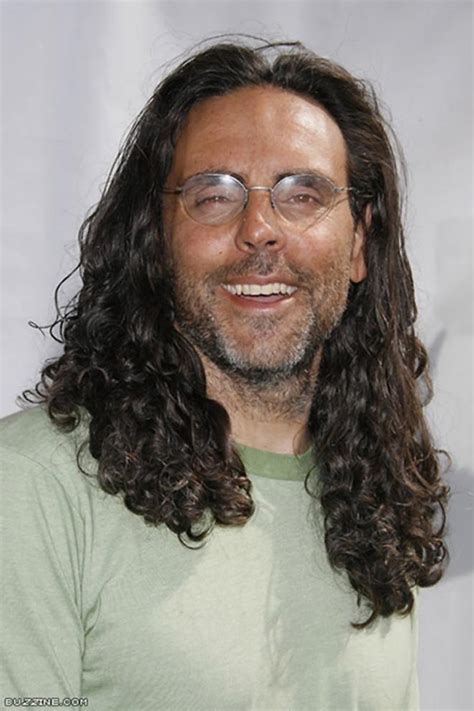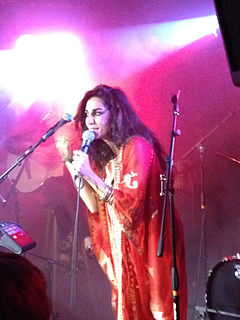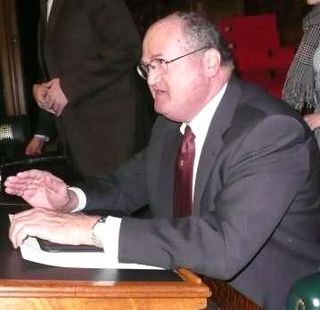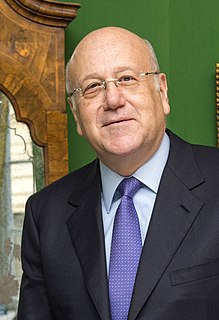A Quote by Rabih Alameddine
The Lebanese Civil War, 1975-1990, spanned four World Cups. It would have been a more symmetrical five had the Lebanese begun in 1974, but you know, we're Mediterranean, and timing isn't our forte.
Related Quotes
For my generation - the "Children of Nixon," as I call us in the book - the Lebanese civil war was an iconic event. Downtown Beirut became a metaphor for so many things: man's inhumanity to man, what Charles Bukowski called "the impossibility of being human." It shaped our perceptions of war and human nature, just as Vietnam did for our parents. We used it to understand how the world works.
For years, Lebanese have known that Palestinian camps like Nahr al-Barid and Ain al-Helwe - hopeless slums crowded with generations of disenfranchised Palestinian refugees who can't go home because of Israel, and can't work because of Lebanese laws - are awash with gunmen, criminals and, since the war in Iraq, al-Qaida inspired jihadists.
I can't say with certainty that slavery would have ended more quickly and more completely if the South had been allowed to leave and escaped former slaves had been allowed to remain free, and the North and the rest of the world had been a positive influence on the South. However, it's certainly a possibility that it would have ended sooner if the southern slave owners had agreed to a system of compensated emancipation and freed the slaves without a war and without secession, as most nations that ended slavery did. That absolutely would have been preferable to the Civil War as it happened.
We reject the killing of innocents to achieve a radical and violent agenda. The terrorists and their state sponsors, Iran and Syria, have a much darker vision. They're working to thwart the efforts that of the Lebanese people to break free from foreign domination and build their own democratic future. The terrorists and their sponsors are not going to succeed. The Lebanese people have made it clear they want to live in freedom. And now it's up to their friends and allies to help them do so.
I need to have one foot inside and one foot outside a culture to be able to write about it. For example, I couldn't write about the gay culture if I were wholly inside or outside of it. Finding that distance is always interesting. I jokingly say that when I'm in America, I write about Beirut, and when I'm in Beirut, I write about America. A lot of my friends in Beirut think I'm more American than Lebanese. Here, my friends think of me more as Lebanese.




































